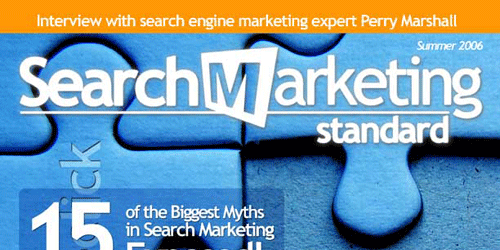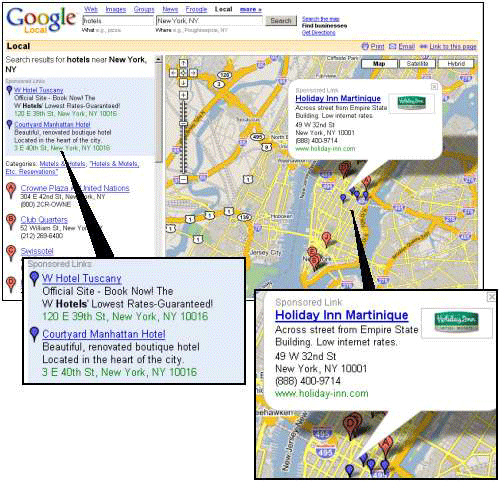Sind Social Commerce, Me-Commerce oder Empfehlungsmarketing mehr als Schlagworte und schöne Ideen? Es gibt neue Indizien dafür: Zahlen der Marktforscher von Hitwise zeigen, dass Retail-Sites inzwischen mehr Traffic von MySpace bekommen als von MSN Search. MySpace liegt damit hinter Marktführer Google und Yahoo auf Platz 3. Techcrunch schreibt:
That’s big news, as it’s tangible evidence that youth oriented online social networking is a market driver of serious proportions.
Laut Hitwise kam in der 34. Kalenderwoche 4,69 Prozent des Traffics der Online-Retailer in den USA von Yahoo, 2,53 Prozent von MySpace und 2,33 Prozent von MSN Search. Google lag mit 14,93 Prozent vorn.
Diese Zahlen sind besonders interessant, weil Google vor wenigen Wochen einen 900-Millionen-Deal mit MySpace geschlossen hat. Die Google-Suche und -Werbung bei MySpace, bis jetzt noch nicht implementiert, werden das Bild wohl etwas verändern.
Die Zahlen belegen eindrucksvoll den Einfluss von Social Networks auf den E-Commerce. Noch einmal TechCrunch:
Perhaps more important to our readers, the numbers go some distance towards proving that young people using social networking sites are interested in shopping through links on those sites. In fact, they’re more of a force to reckon with than MSN searchers apparently. And social networking sites can profit from on site advertising just like search engines can. All those startup social networking sites hoping to monetize their traffic with AdSense? Maybe it’s more realistic than we thought.



